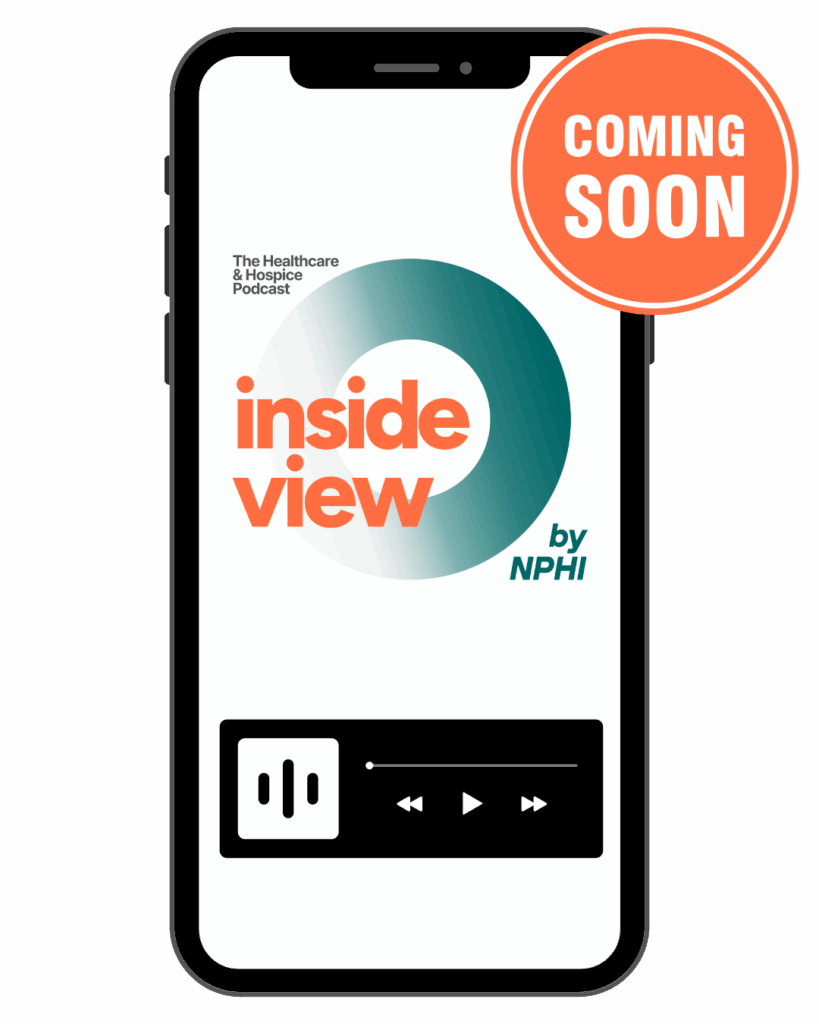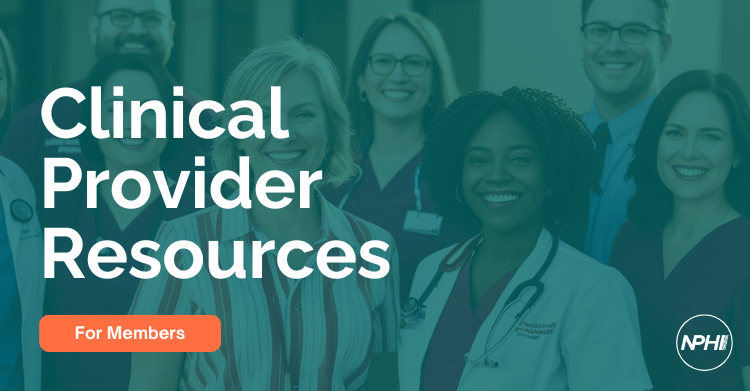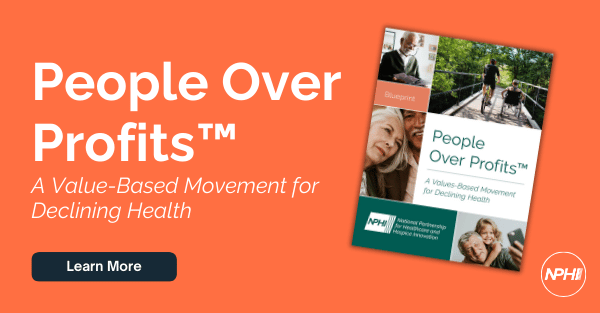After a marathon mark-up session that stretched into late evening Wednesday, a House Energy and Commerce subcommittee advanced dozens of bills related to the opioid crisis, which now go to the full committee.
“Taken together, the bills before us today will improve access to care for individuals suffering from substance use disorder, provide our healthcare system with the tools and resources it needs to care for patients, and help prevent future misuse of opioids,” said Subcommittee Chair Michael Burgess (R-Texas) in a press statement.
Many of the bills looked to expand quality treatment for substance use disorders and to prevent inappropriate prescribing or access to opioids.
The Senate Health Education Labor and Pensions (HELP) Committee also advanced a raft of proposals as part of the Opioid Crisis Response Act of 2018 earlier this week.
Among the bills advanced by the subcommittee:
- Requirement that Medicaid providers check prescription drug monitoring programs
- Mandate for states to operate drug management programs, a.k.a “lock-ins”(which limit the number of pharmacies from which at-risk beneficiaries can receive prescriptions)
- Partial repeal of the Institutions for Mental Diseases exclusion that bars Medicaid from reimbursing treatment for mental health or substance use disorder treatment in facilities with 16 or more beds
Stakeholders React
Corey Waller, MD, an addiction specialist based in the Greater Philadelphia area, applauded the House for its “comprehensive” approach to addressing the opioid epidemic.
Waller was especially pleased to see legislation that aims to improve the medical education curriculum around addiction advance, he told MedPage Today in a phone call.
One of the bills that did not advance, “The Addiction Treatment Access and Improvement Act,” is “critically important,” said Waller, who also serves as chair of the Legislative Advocacy Committee for the American Society of Addiction Medicine. This bill would make permanent the ability of certain providers to deliver medication assisted treatment and codify at 275, the number of patients they could treat.
The bill was scored “poorly” by the Congressional Budget Office, but he added, “We’re hopeful that the House will be able to see the importance of this and move it through,” he said.
The Senate Health Education Labor and Pensions Committee has already passed a companion bill, Waller noted.
Another bill that did not advance was a bill to revise a regulation that governs protected health information related to addiction known as 42 CFR Part 2.
The goal, Waller explained is to eliminate the need to have a separate regulation for dealing with addiction and to instead roll these regulations — including criminal justice protections — into its counterpart, Health Insurance Portability and Accountability Act (HIPAA).
As it stands, 42 CFR Part 2 “makes it nearly impossible to fully integrate addiction treatment into mainstream healthcare,” he said.
Speaking for a different subset of patients, Mollie Gurian, chief strategy officer for the National Partnership for Hospice Innovation, said she was especially pleased to see a bill advance that would allow hospice physicians and nurses to dispose of the opioids that belonged to their deceased patients.
“That’s something the hospice community has wanted for years,” she said.
Gurian said NPHI would hope that other members of the interdisciplinary team could be authorized to dispose of these medications as well.
On the other hand, one bill which she would have liked to see advance, but did not, would have studied the long-term effects of opioids.
“More money to study when opioid use is appropriate versus not appropriate is important because the pendulum is clearly swinging towards non opioid use at this time … but we have to remember for some populations of patients opioid use is appropriate.”
On this issue of appropriate prescribing, Anand Parekh, MD, chief medical officer, for the Bipartisan Policy Center, wrote in an email, “While reducing unnecessary prescribing of prescription opioids is an important objective, it also should be coupled with treatment for opioid use disorder. The latter is important to reduce overdose deaths as well as reduce future use of illicit opioids.”
“For individuals with pain syndromes requiring opioids as opposed to any other pain management modality, patient review and restriction programs and pharmacy management tools need to be flexible enough to ensure their availability, consistent with safe prescribing practices,” he added.
Dan Mendelson, president of Avalere Health, a subsidiary of Inovalon, who spoke with MedPage Today ahead of the mark-up, stressed the need to track how resources are spent.
“No matter what the outcome is of these deliberations there’s going to be multiple billions of dollars that get funneled into this channel. Whenever you have that kind of spending you have to have a fiscal trail so that the government doesn’t end up squandering these resources. The problem is way too profound to allow for that.”
Flawed Process?
Democrats grew irritated when the subcommittee chair ended the mark-up without discussing all of the bills scheduled, and complained that several of the bills voted on were still in discussion draft form.
Rep. Pallone (D-N.J.) criticized the “extremely hasty time frame” the chair had set for passing an “unprecedented number of bills,” many of which were “half-baked.”
“We can all agree that action must be taken … [but] taking the wrong action because we’re not spending the appropriate amount of time to get these policies right could have very serious consequences of making things worse,” Pallone said in his opening statement.
Rep. Greg Walden (R-Ore.), chair of the full Energy and Commerce Committee, said there had been multiple meetings and round-tables to discuss the bills and discussion drafts, which were “thoughtful, well-considered pieces of legislation.”
He noted that 9.6 people would die of a drug overdose for each hour that the committee spent discussing the bills.
Expanding Access to Treatment
The committee discussed one discussion draft to implement a limited repeal of the IMD exclusion at length.
Pallone said he supports legislation to expand provider treatment but this bill wouldn’t offer incentives for providing the “full continuum of care.”
“We can’t push a system where people cycle in and out of institutions,” Pallone said.
Walden fired back that maintaining the status quo, having states request a waiver of the IMD exclusion from the administration is an ineffective and time-consuming strategy.
“Waivers are not the solution to a bad law,” he said.
Ultimately, the bill advanced to the full committee after a recorded vote of 16-10, that fell along party lines.
Other bills drew strong bipartisan support, including the “Ensuring Access to Quality Sober Living Act,” which aimed to prevent unlicensed treatment facilities from exploiting individuals with substance use disorders.
Forgotten Bills
Seven bills scheduled for consideration did not receive a vote, including the “Rural DOCS Act” to to expand workforce capacity for treating substance use disorders under Medicaid through a 5-year demonstration project; the “Protecting Neonatal Abstinence Syndrome Babies Act,” which requires the Secretary of Health and Human Services to develop a strategy for implementing recommendations to protect infants with NAS; and a discussion draft of a bill aimed at strengthening FDA’s enforcement of post-marketing studies for chronic opioids use.
Rep. Ben Lujan (D-N.M.) questioned why the bill he co-sponsored which aimed to implement recommendations related to care for infants with Neonatal Abstinence Syndrome was not given a vote. The subcommittee chair himself had written an amendment, he noted.
Rep. Diana DeGette (D-Colo.) argued that the reason the discussion was being cut short was because Burgess’s amendment to the proposed bill would exclude access for these women to birth control.
DeGette said the underlying bill calls for implementing the standards of the Department of Health and Human Services (HHS) which allow access to birth control for women who have given birth to opioid addicted babies.
“And that’s why the majority doesn’t want to bring this bill up tonight. Because they don’t want to have the debate at 9:35 p.m. about women who just gave birth to opioid addicted babies accessing birth control.”
Burgess said the bills not voted on were “worthy of further consideration” and that bipartisan discussions would continue.










